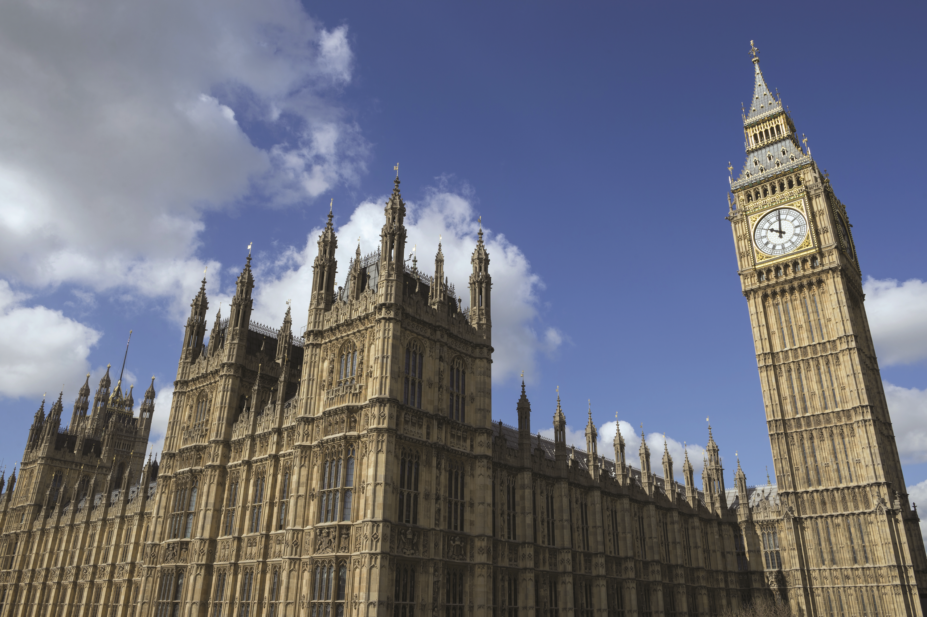
Shutterstock.com
The government has responded to a petition calling for responsible pharmacist proposals to be rejected saying that it has no current plans to remove the requirement that a pharmacist must supervise the sale or supply of pharmacy or prescription only medicines at or from a registered pharmacy.
In its response, which was required once the petition received more than 10,000 signatures, the government said there had been a “misunderstanding” of the proposals that it consulted on between June 2018 and September 2018.
“Neither the government nor the Rebalancing Medicines Legislation and Pharmacy Regulation Programme Board … have formulated proposals in relation to ‘remote supervision’ or the supervision of the sale or supply of medicines by someone other than a registered pharmacist,” it said in its response, adding that, if formal proposals were to be made in this area, they would be subject to a full public consultation and ministerial approval.
The government clarified that the responsible pharmacist role was concerned with the organisational governance of a particular pharmacy when it is open for business, whereas supervision by a pharmacist concerned the preparation, dispensing, selling and supplying of individual products.
“These two roles are distinct and separate, and should not be conflated,” it said.
The petition, ‘Reject remote pharmacist proposals. Keep pharmacists present for patients’, was launched in October 2018 by pharmacist Mariam Ahmed.
In the petition, Ahmed said that while a pharmacy is open, “it is a fundamental patient right that a qualified pharmacist is available on site at all times to consult in person, without the need for an appointment”.
The petition, which received 10,420 signatures, was actively supported by the Pharmacists’ Defence Association (PDA).
The PDA said it had “noted” the government’s response but would continue to campaign against any attempt to operate pharmacies without the physical presence of a pharmacist, “as it will jeopardise patient safety”.
In February 2019, Ken Jarrold, chair of the Rebalancing Board, said that responses to the government’s consultation “indicated some misunderstanding in respect to pharmacy regulation” and included “issues and concerns which were not linked to the proposals”.

